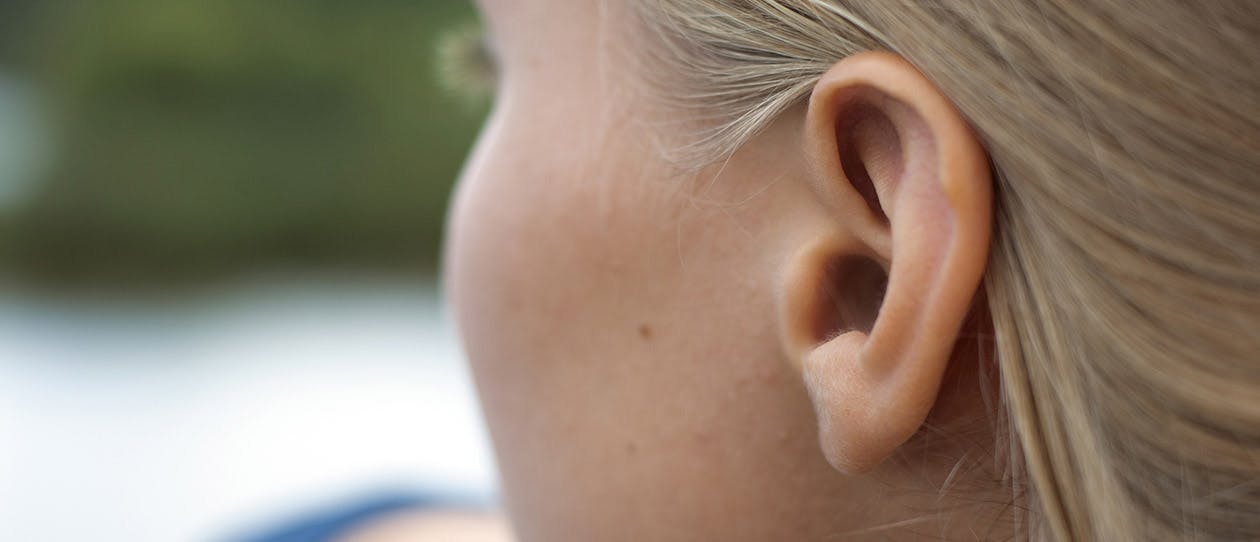
- Health hub/
- Heart & circulation/
- Tinnitus: the facts


Ever noticed a ringing sound in your ears when the world around you was silent? More than likely, that’s tinnitus.
My dad has it, but he doesn’t like talking about it. And recently I was sleeping with earplugs in a noisy backpackers’ hostel, and in the middle of the then-quiet night I awoke and heard a high-pitched ring. Ah. Tinnitus.
The word itself is Latin and it means ‘tinkling’ or ‘ringing like a bell’. Importantly, it’s not a disease. Tinnitus is a symptom caused by a fault in the hearing system.
This is how it’s explained: “When the brain first hears tinnitus it attempts classify the sound from its stored data of sounds with which it is familiar. When no ‘match’ can be made from previous experience, the brain focuses on the sound to such an extent that the sound is effectively magnified and the brain gives it a level of importance it does not deserve.”
According to the Tinnitus Association of Victoria the main causes are exposure to noise (“Noise destroys!” is a slogan of the Tinnitus Association of Australia, extreme stress or trauma, age-related hearing loss, and the use some drugs and medicines.
The volume at which you hear tinnitus can fluctuate with stress or fatigue [source 1e], which means, contrary to some opinion, you can in fact take steps to reduce the condition’s impact.
Turning tinnitus down
1. Shield your drums
Wear earplugs or earmuffs around potent noise sources like lawn mowers or music amplifiers. Equally, don’t pump up the volume on your iPod too high. Keep the level nice and low.
2. Focus outwards
Tuning your attention to your tinnitus can create stress and that breeds stress, worsening the condition. It becomes a nasty cycle! Listen to a recording of a relaxing sound, such as the ocean, or experiment with ‘white noise’ such as a fan – particularly in your bedroom at night.
3. Watch your meds
Some medications worsen tinnitus. Talk to your doctor and be especially mindful with meds for arthritis, rheumatic diseases, as well as antibiotics and anti-depressants.
4. Ease off caffeine, quinine (and nicotine!)
We know we don’t need to tell you stop smoking, but it helps to be aware that smokes narrow blood vessels that supply oxygen to your ears and your sensory cells.
For some people, quinine, found in tonic water, worsens tinnitus. The same goes for caffeine – so coffee, tea and cola are not ideal, but if they bring you great pleasure, consider committing to just one cup or glass a day.
Did you know? 5 per cent of all tinnitus cases are caused by a jaw joint problem that’s treatable?




